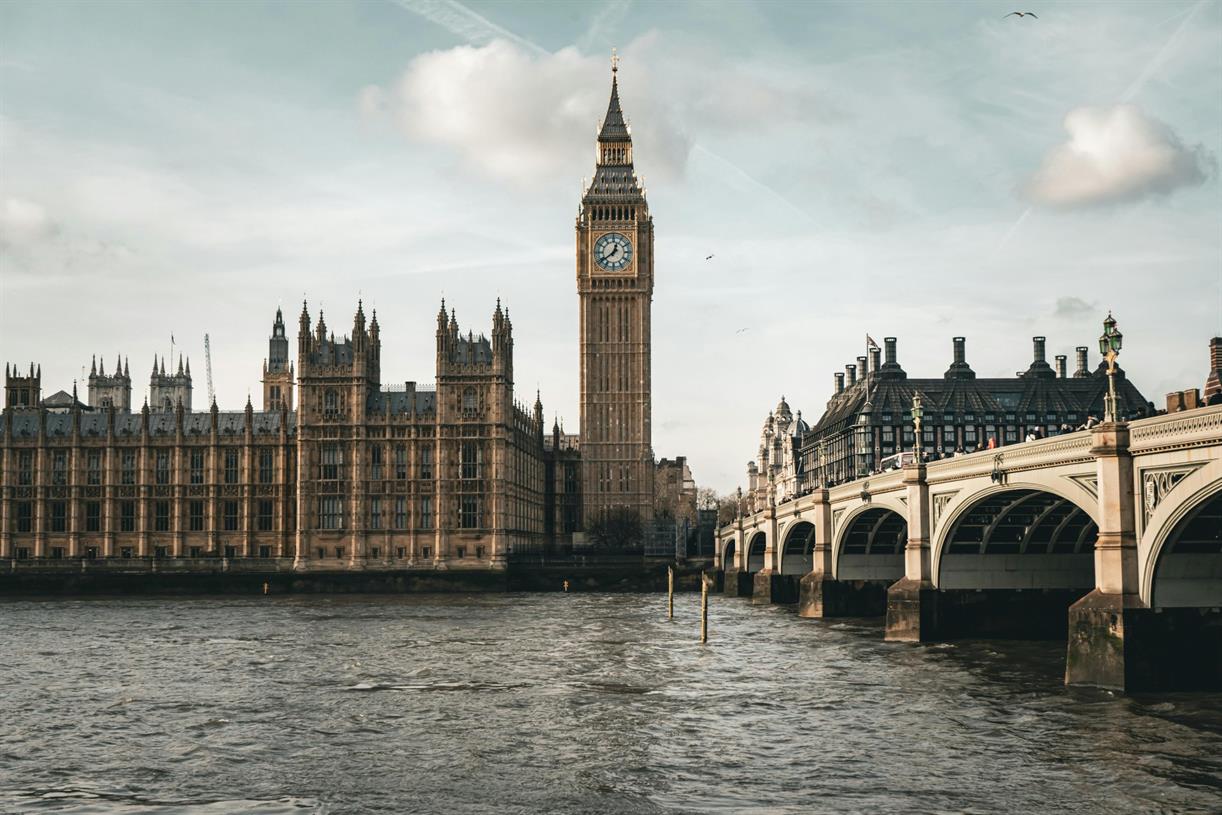The government’s decision not to exempt charities from the upcoming rise in employer National Insurance Contributions could cause charities to close, MPs have warned.
At the Budget in October, Chancellor Rachel Reeves announced employer NICs would increase by 1.2 percentage points from April.
The National Council for Voluntary Organisations said the increase could cost the voluntary sector £1.4bn a year.
In a parliamentary debate this week, MPs from a range of parties criticised the forthcoming uplift and called for the government to rethink.
Jim Shannon, the Democratic Unionist Party MP for Strangford, said the increases were “extreme and incredibly worrying”.
Shannon said the change could be the “straw that breaks the camel’s back” for some charities in his constituency that “could well disappear”.
Sir Roger Gale, the Conservative MP for Herne Bay and Sandwich, said it was “absolutely ludicrous” that money given for charitable purposes should “effectively be siphoned off to the Treasury”.
Sorcha Eastwood, the Alliance MP for Lagan Valley, raised the issue of violence against women and girls and said the increase “flies in the face of everything we are trying to achieve” in this area.
Joe Robertson, Conservative MP for Isle of Wight East, said public services and civil society “could not operate without charities”, which deliver almost £17bn-worth of public services annually.
“There is a tendency to overlook the important work [charities] do,” he said.
“Particularly at the level of local government, charities are responsible through contracting for the delivery of a lot of the services that local governments are required to deliver.”
Robertson also claimed that “some 75 per cent” of charities were considering withdrawing from public service delivery.
“In the worst case, no one will pick up where charities withdraw, or the government and the public sector will have to, and I am fairly sure it will cost them more than £1.4bn to do so,” Robertson said.
Stephanie Peacock, the Minister for Civil Society, acknowledged how difficult the past few years had been for the voluntary sector and said she was aware of the impact the NIC changes would have on the sector.
“The simple reality is that the situation cannot be reversed overnight,” Peacock said.
“To grow our economy and our country, tough decisions have to be taken, and I appreciate that that is difficult.”
She outlined different government policies of note for charities, including doubling the employment allowance from £5,000 to £10,500.
“That means that more than half of employers, including charities with NI liabilities, will either gain or see no change next year,” Peacock said.
“In addition, we are expanding the eligibility of the Employment Allowance by removing the £100,000 eligibility threshold to simplify and reform employer NI, so that all eligible employers now benefit.
“Almost all charities are eligible for the Employment Allowance, as outlined in the HMT guidance.”
